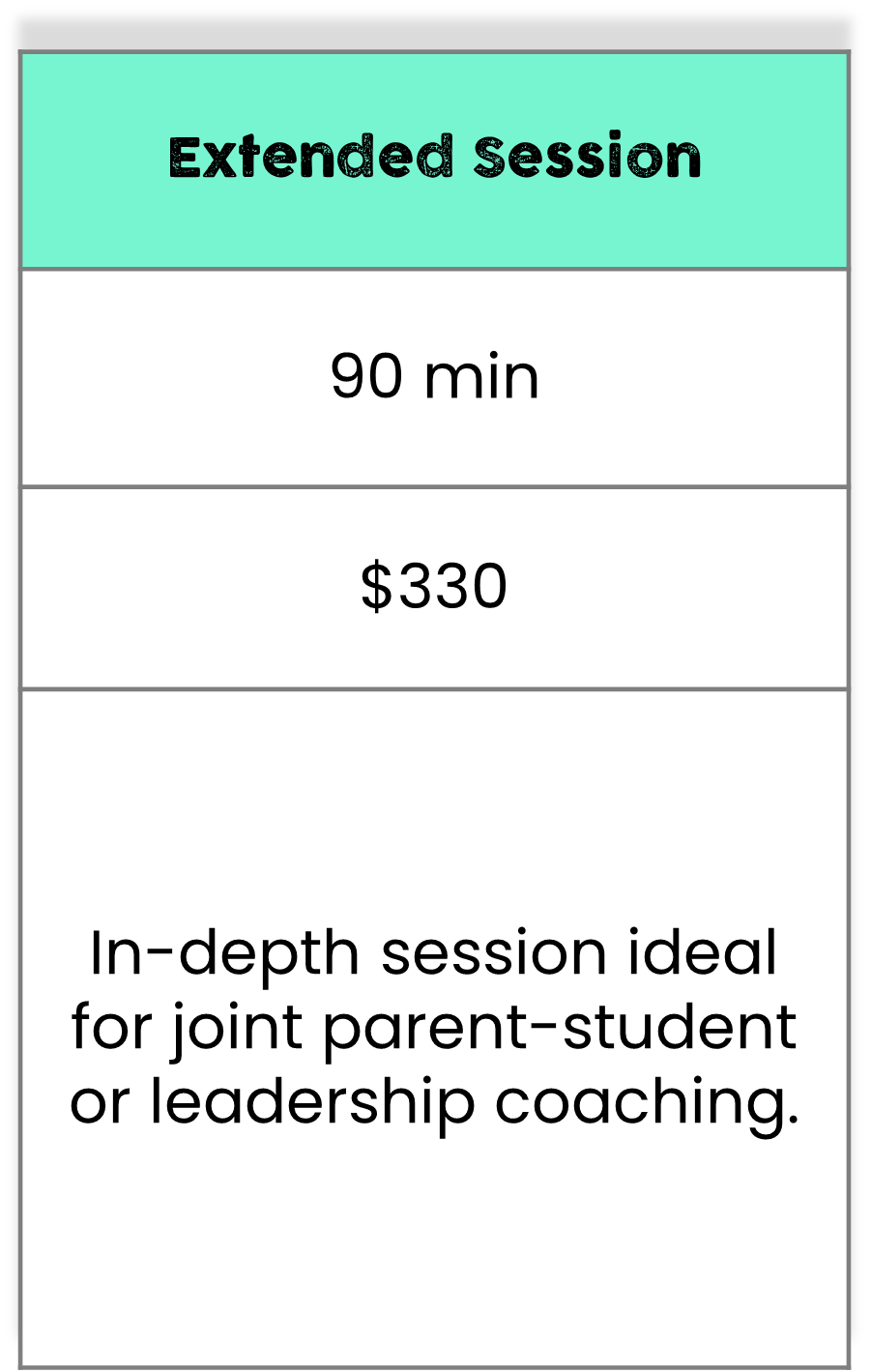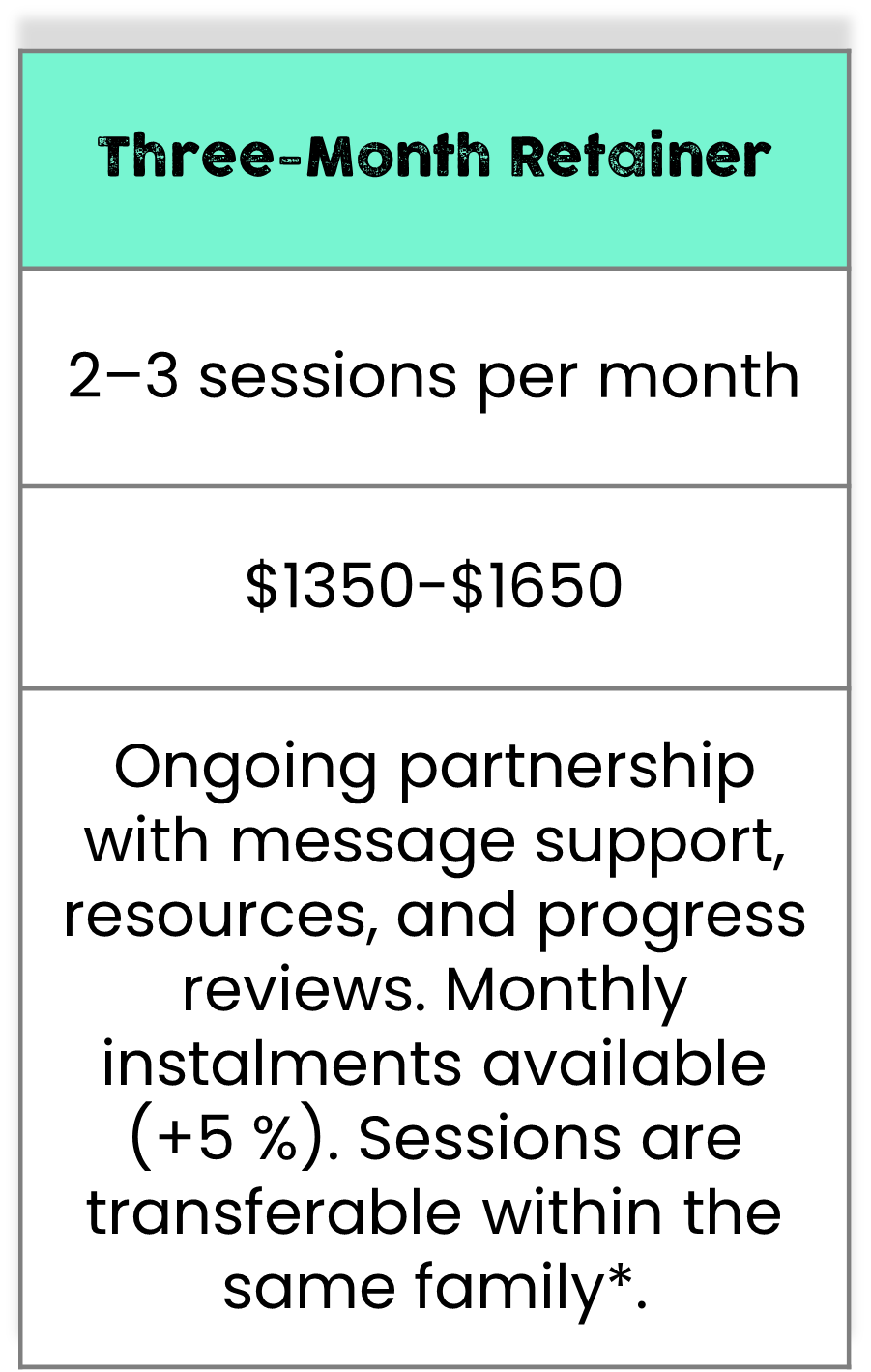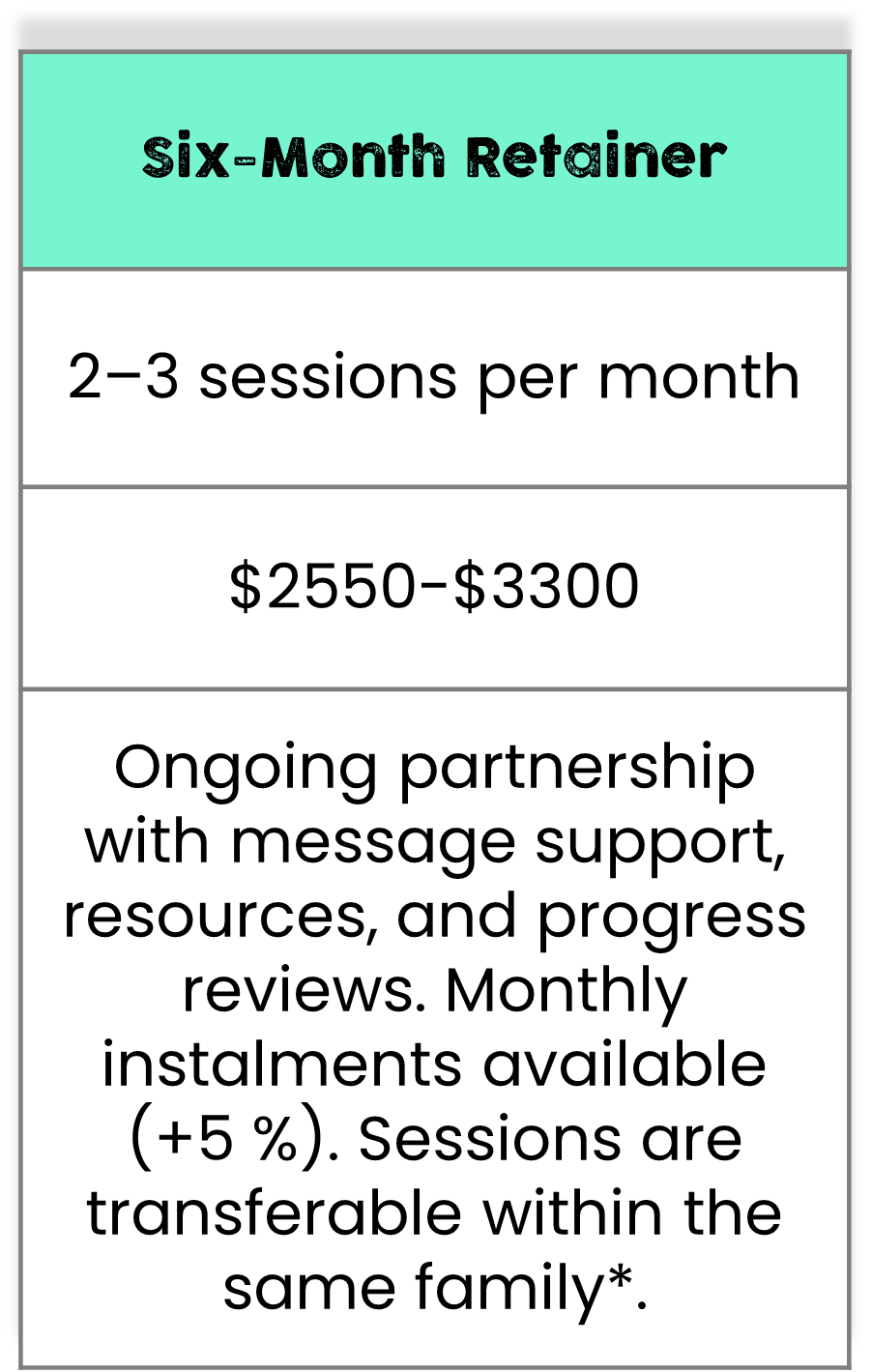Why “social emotional performance”?
Success isn’t built in isolation. It’s shaped by how well we connect, how effectively we manage emotions, and how confidently we act. Our coaching trains all three.
Book Your Social Emotional Performance Coaching Session
-
We help you build stronger relationships through emotional awareness and communication skills. Whether it’s understanding tone, timing, or empathy, you’ll learn how to connect without conflict and influence without pressure. Social intelligence is the foundation of teamwork, trust, and leadership.
-
We teach you to recognise and regulate emotions before they control your choices. You’ll learn to calm your nervous system, identify triggers, and reframe self-talk using techniques drawn from neuroscience and psychology. This shifts your brain from reaction to reflection. Reducing stress and improving clarity under pressure.
-
Insight means nothing without action. Every session turns reflection into measurable outcomes: improved study habits, stronger routines, better focus, or clearer leadership decisions. You’ll leave each session with a specific tool or strategy to practise, track, and refine.
When these three domains work together, you create a feedback loop between your brain, behaviour and environment. You become calmer, clearer and more capable. Not just emotionally, but in how you perform, communicate and lead.
That’s why it’s Social Emotional Performance Coaching.
It transforms who you are on the inside and how you show up in the world.
ways not just a teacher education can help
-
Tailoring emotional intelligence frameworks to build stronger, more resilient teams.
Workshop planning support: team culture, leadership development, wellbeing.
Conflict resolution strategies that preserve relationships and trust.
Designing emotionally intelligent staff appraisals and feedback systems.
Customised emotional intelligence training plans for leaders and staff.
Supporting change management using emotionally intelligent communication.
-
Strategies to embed emotional intelligence into classroom culture.
Consultation on student wellbeing programs, restorative practices, and leadership development.
Planning staff professional development focused on resilience, empathy, and social skills.
Practical behaviour management strategies rooted in emotional understanding, not compliance.
Support to rebuild classroom culture after disruption or change.
Tailoring differentiated learning approaches to meet diverse student needs.
-
Understanding your child’s emotional needs based on their developmental stage.
Practical tools for teaching emotional regulation at home.
Support navigating parenting challenges like big emotions, sibling rivalry, and anxiety.
Creating routines and home environments that foster resilience and kindness.
Guidance for building strong, respectful communication with tweens and teens.
Emotional support strategies for parents facing overwhelm, guilt, or burnout.
-
Strengthening emotional intelligence in romantic partnerships, friendships, and family dynamics.
Tools for improving communication, trust, and emotional safety in relationships.
Conflict navigation strategies that preserve connection rather than winning arguments.
Setting healthy boundaries without guilt or resentment.
Support with rebuilding relationships after rupture, change, or disconnection.
Practical strategies for recognising emotional needs for yourself and your partner’s and meeting them in ways that feel safe and genuine.
-
Personalised emotional intelligence coaching for career growth, academic performance, leadership, or personal relationships.
Goal-setting using our SOAR framework (Visualise, Motivation, Action Plan) to replace outdated SMART goals.
Emotional regulation coaching for better decision-making under pressure.
Strengthening confidence, assertiveness, and boundary-setting without losing kindness.
Building resilience plans after setbacks, career changes, or life challenges.
Support for managing perfectionism, people-pleasing, or fear of failure.







